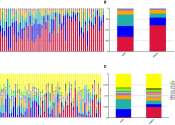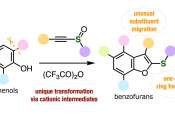Which is better for your dog, kibble or raw meat? Research yields surprising health results
In recent years, the practice of feeding dogs raw meat-based diets instead of kibble has grown, in part because raw meat does not require heavy processing or include binders and preservatives that could negatively affect ...








